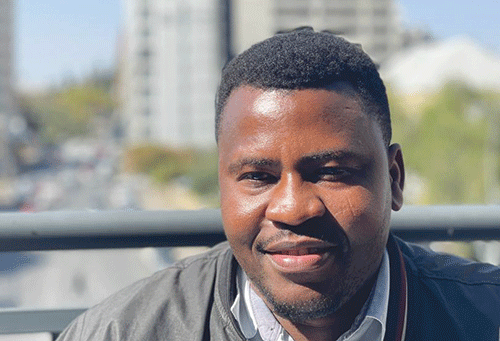Natanael Nghivafe
Since the attainment of independence from the apartheid South African colonial regime in 1990, Namibia has made strides in safeguarding its democratic principles and values. These include citizens’ fundamental rights and freedoms, enshrined in Chapter 3 of the Namibian Constitution. One of the important aspirations the country has is to become a knowledge-based society. This articulates the right to education as a fundamental human right. Today, Namibia has an 80% literacy rate. Importantly, the country has produced competitive Namibian academics from local, regional, and international institutions of higher learning. The result is that Namibia has a pool of expertise to help manage and develop the country.
The extent, however, to which Namibian academics can make their pronouncements and clarify socio-economic and political matters affecting citizens in the public domain remains a concern. This does not, however, discredit the commitment made by well-known academics, who always provide informative narratives aimed at enlightening the public on societal matters. The narratives in the public discourse have it that our academics are not doing enough in either publishing or educating the less privileged people as far as their level of education is concerned. Our academics normally distance themselves from matters that need their intervention and intellectual guidance. Their silence coincides with what Napoleon Bonaparte once said: “The world suffers a lot, not because of the violence of bad people, but because of the silence of good people”. The statement above signals the moral commitment of those endowed with responsibilities to safeguard the less privileged through intellectual pursuit and academic freedom.
Academics are important players in our society. They analyse contemporary issues affecting society. They encourage robust debate,
and provide simple solutions to bigger issues. Most importantly, academics provide informed opinions, and correct narratives that are misleading or prejudicing certain groups. Their active contribution makes society alive and informed. These endeavours are part of the fundamental human rights and freedoms safeguarded by the Namibian Constitution, as far as freedom of speech in a democratic setting is concerned. The absence of academic interventions leads to societal degeneration.
To conclude, I would like to echo that Namibian academics should often exercise their academic freedom not only in scholarly publications, but also in public spaces and platforms. This would help fellow citizens understand the implications of some of the matters discussed in the public discourse which affect them. Academic freedom should be exercised to bring about competing opinions, and benefit less privileged citizens.
* Natanael Nghivafe is an LLB (Honours) student at the University of Namibia.


